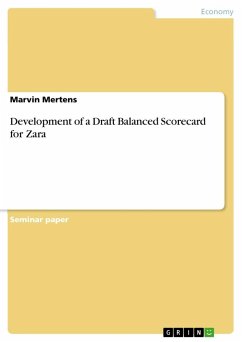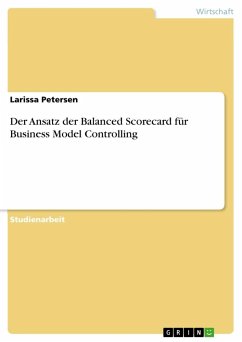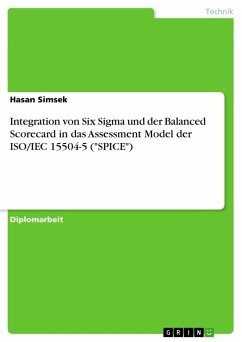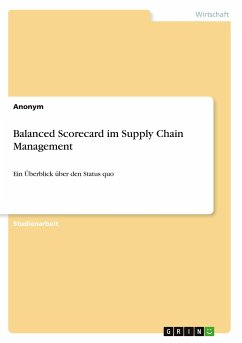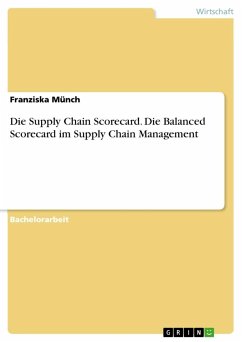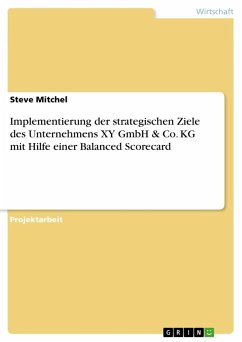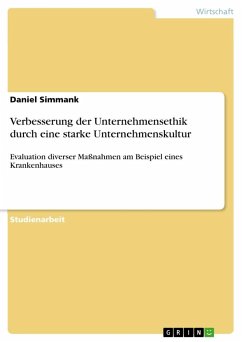Seminar paper from the year 2015 in the subject Business economics - Miscellaneous, grade: 80.00/100.00, University of Strathclyde (Strathclyde Business School), course: Performance Measurement & Management, language: English, abstract: In 2001, CNN euphorically described Zara as "a Spanish success story" (CNN, 2001). Thirteen years later, Tobias Buck of The Financial Times called the Spanish fashion brand "one of the most striking corporate success stories of recent years" (Buck, 2014). Having started as a small fashion store in A Coruña, Zara is now the flagship brand of Inditex, the biggest fashion retailer in the world. However, Zara's success is not cast in stone. Simon Irvin of Credit Suisse, criticising Inditex's recently lacklustre financial performance, noted that business models were not likely to remain brilliant forever, and that Zara's parent company were no exception to the rule (Buck, 2014). Having said that, numerous attempts have been made by competitors to copy Zara's successful business model and thereby eliminate the firm's competitive advantage. For instance, C&A purposefully hired away Inditex managers (The Economist, 2012), while Mango outpaced Zara in terms of sales in Spain, Zara's home market, by copying Zara's approach to manufacture the majority of its garments in nearby countries, as well as its product offering (Baigorri, 2013).In light of these developments, it is essential for Zara to measure its performance timely and carefully, and identify ways in which the firm's future performance, against the background of its business model, may be improved. The Balanced Scorecard (BSC) is the right tool to achieve this, as it translates a firm's strategic objectives and competitive demands into a coherent set of performance measures (Kaplan & Norton, 1993a). In particular, the BSC complements financial performance measures, usually reflecting past performance, with operational measures in the areas of customer satisfaction, internal processes, and a firm's innovation and improvement activities, all of which can be said to be drivers of future performance (Kaplan & Norton, 1992).

